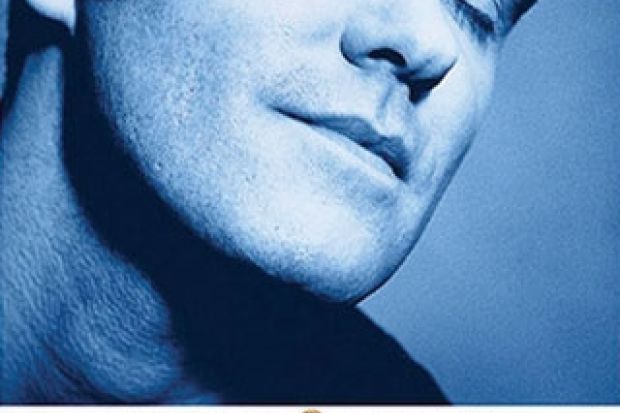Paul Benneworth, senior research associate, Center for Higher Education Policy Studies, University of Twente, is reading Morrissey’s Autobiography (Penguin, 2013). “Thirty years ago, the satirical magazine Viz ran the headline ‘Morrissey: pop genius or twat?’ Eighty pages into this by turns hideously self-indulgent and unimaginably brilliant book in the rather unlikely Penguin Classics imprint, I am no closer to having a definitive answer. His lyrical description of his brutal Manchester upbringing soars in my heart, but the smug self-aggrandisement sinks like a cliché.”

Laurence Coupe, senior lecturer in English, Manchester Metropolitan University, is reading John Hughes’ Invisible Now: Bob Dylan in the 1960s (Ashgate, 2013). “Hughes rejects the familiar idea of a Dylan who adopts a series of masks behind which he hides his true motives. Rather, we are told, he enacts a continual sense of indeterminacy and contingency, so that in refusing all identity he challenges our own. His creativity is a form of radical evasion, by which self and substance are deconstructed. In this light, Hughes offers an intriguing account of the key albums of Dylan’s first and most fruitful decade of invention.”

Sara Read, lecturer in English, Loughborough University, is reading Nicky Leap and Billie Hunter’s The Midwife’s Tale: An Oral History from Handywoman to Professional Midwife (Pen and Sword History, 2013). “This important piece of cultural history has been reissued on the 20th anniversary of its first publication. The interviews Hunter and Leap conducted with women born between 1894 and 1923, who experienced pregnancy, birth and motherhood in the pre-NHS early 20th century, means a vital piece of women’s history, given in their own words, has been preserved. A fascinating collection.”

R. C. Richardson, emeritus professor of history, University of Winchester, is rereading Ronald Blythe’s Akenfield (Penguin, 1988). “An intimate social portrait of an East Suffolk village, first published in 1969 and now ‘historical’ twice over. The voices of villagers, some with memories stretching back to the end of the 19th century, are heard on subjects as various as pig-farming, fruit growing, the survival of village crafts, education, religion and bell-ringing in an insightful, sometimes poetic, survey that nonetheless keeps nostalgic romanticism firmly in check.”

Dek Woolfson, professor of chemistry and biochemistry, University of Bristol, is reading J. Craig Venter’s Life at the Speed of Light (Little, Brown, 2013). “Love him or loathe him, Venter is worth hearing, and this is an engrossing, essential book for anyone – laypeople, students and researchers – interested in synthetic biology. To understand life we must try to build it, Venter argues, and he explains how this is possible through our ability to read and write DNA. He touches on ethical issues, but mostly focuses on possibilities for a new technology of synthetic genomics, such as radioing the blueprint for a synthetic organism, or even for ourselves, to someone or thing on a distant planet.”
Register to continue
Why register?
- Registration is free and only takes a moment
- Once registered, you can read 3 articles a month
- Sign up for our newsletter
Subscribe
Or subscribe for unlimited access to:
- Unlimited access to news, views, insights & reviews
- Digital editions
- Digital access to THE’s university and college rankings analysis
Already registered or a current subscriber? Login
